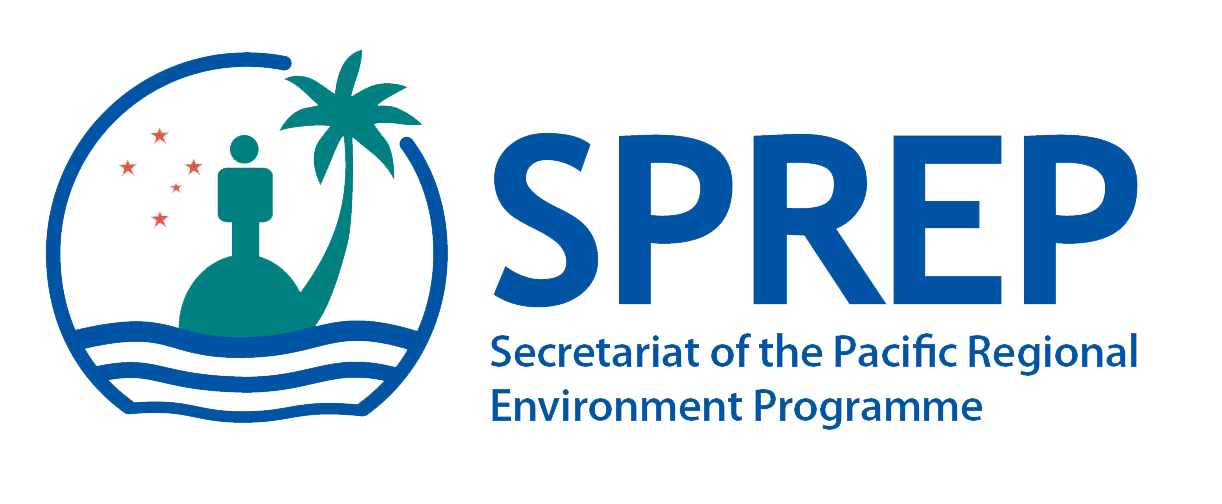Marine pollution results from harmful…
Marine pollution is the result of harmful chemicals entering the ocean, polluted wastewaters, industrial, agricultural and residential waste, garbage from ships, and the spread of invasive organisms. A major source of marine pollution is related to plastics intentionally thrown from shore or boats, or are unintentionally carried by winds or streams.
A report by the Ellen MacArthur Foundation has revealed that there are now over 150 million tonnes of plastics in the oceans. That's about one tonne of plastics for every three tonnes of fish. If the trend continues, plastics will outweigh fish in the oceans by 2050.
Pacific islands are particularly vulnerable to the impacts of marine litter, due to the particular value and sensitivity of their coastal environments.
To discuss this issue and the tools that can be used in addressing marine litter and plastic pollution (awareness, clean-ups, audits, etc.), SPREP, through the SWAP project, delivered a two-hour virtual meeting on 6 April 2022.
| Field | Value |
|---|---|
| Publisher | Secretariat of the Pacific Regional Environment Programme |
| Modified | |
| Release Date | |
| Source URL | https://library.sprep.org/content/committing-sustainable-waste-actions-pacific-… |
| Identifier | 5f625f70-dc45-4f0a-b5f6-b4ab74305063 |
| Spatial / Geographical Coverage Location | Pacific Region, Worldwide |
| Relevant Countries | Pacific Region, Worldwide |
| License |
SPREP Public Licence
![[Open Data]](https://assets.okfn.org/images/ok_buttons/od_80x15_blue.png)
|
| Author | Julie Pillet |
| Contact Name | SPREP |
| Contact Email | [email protected] |
